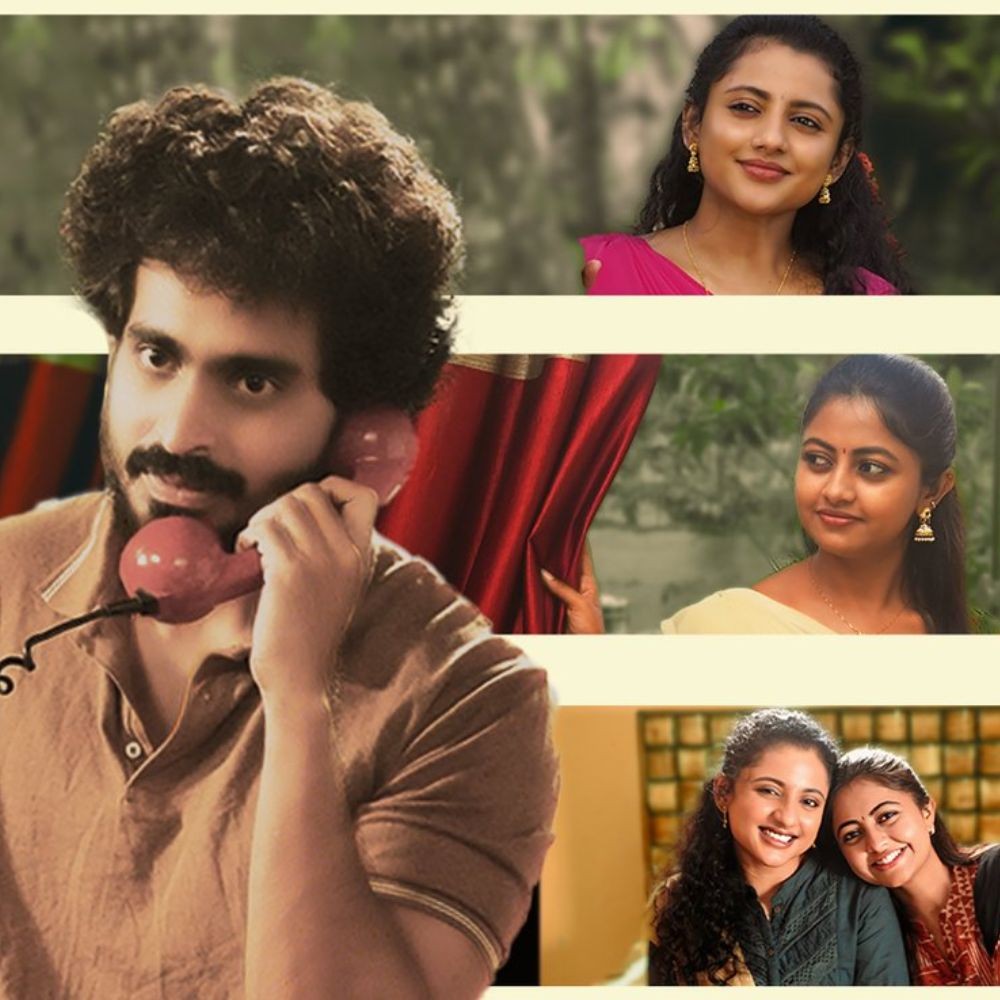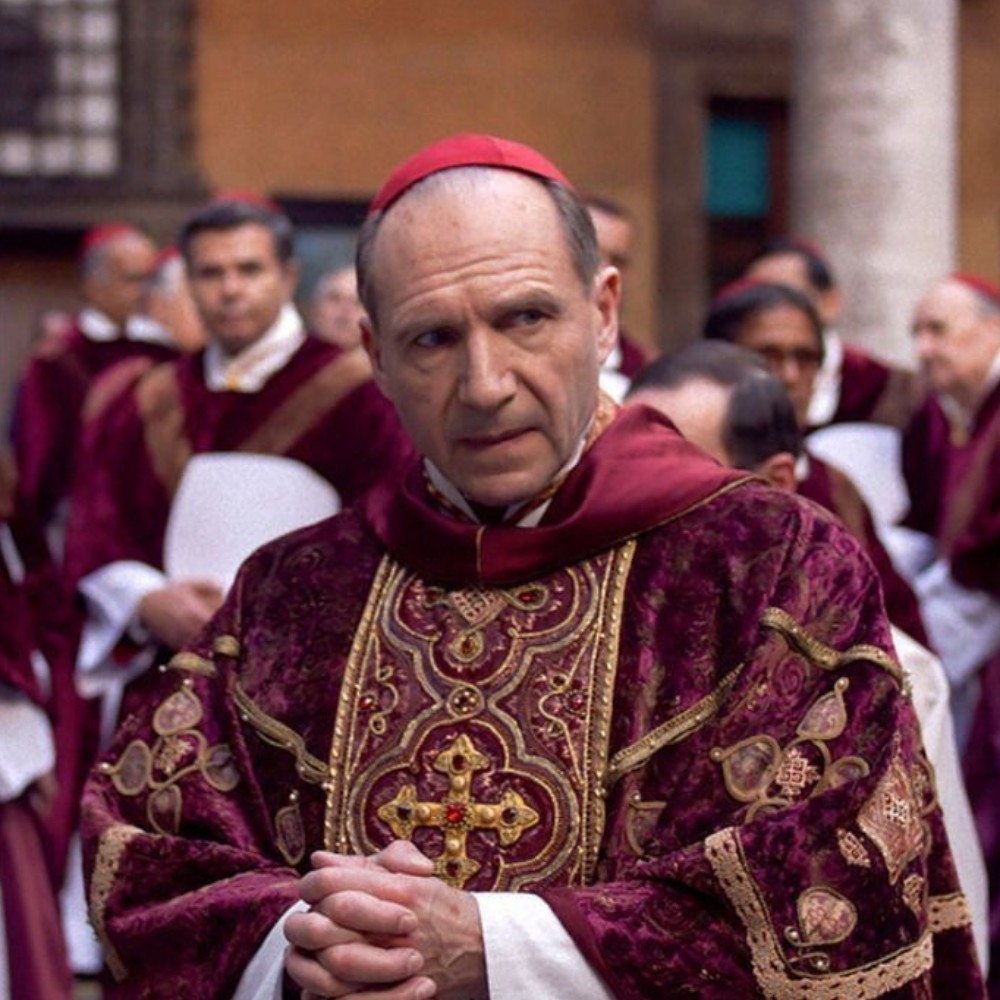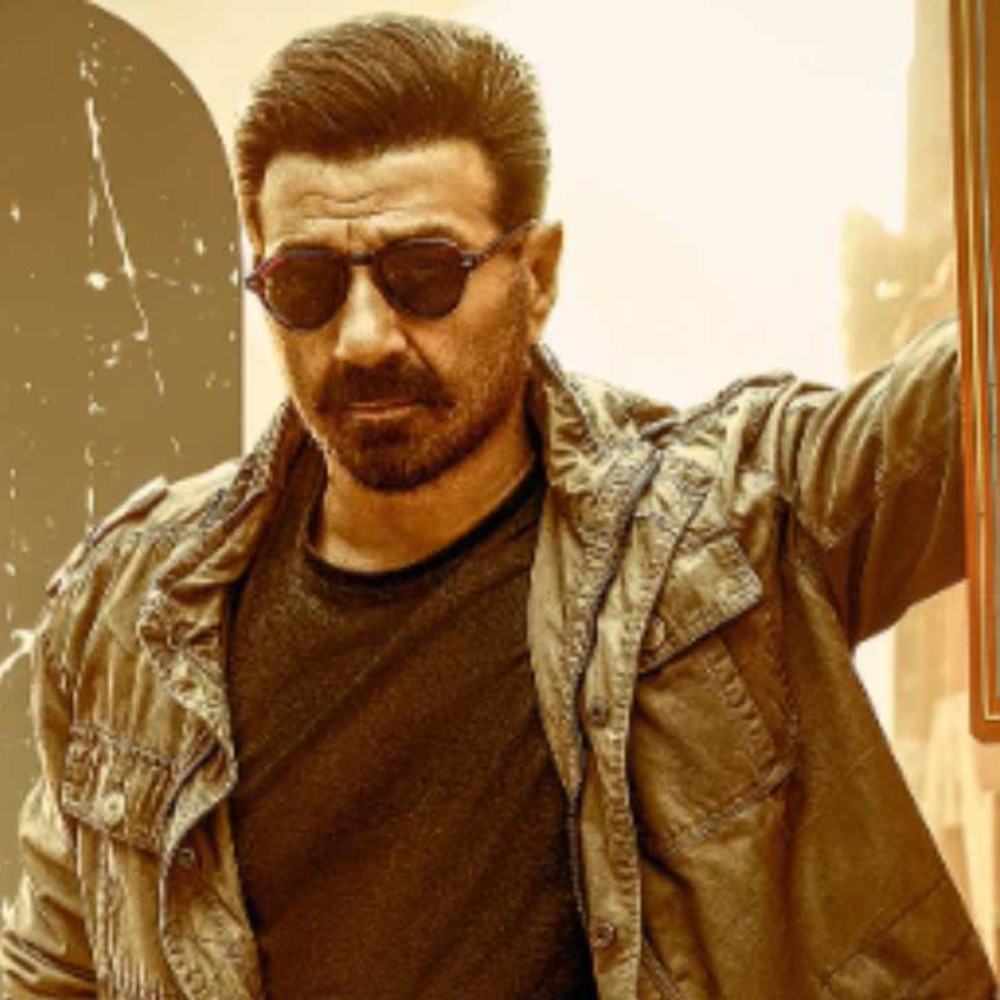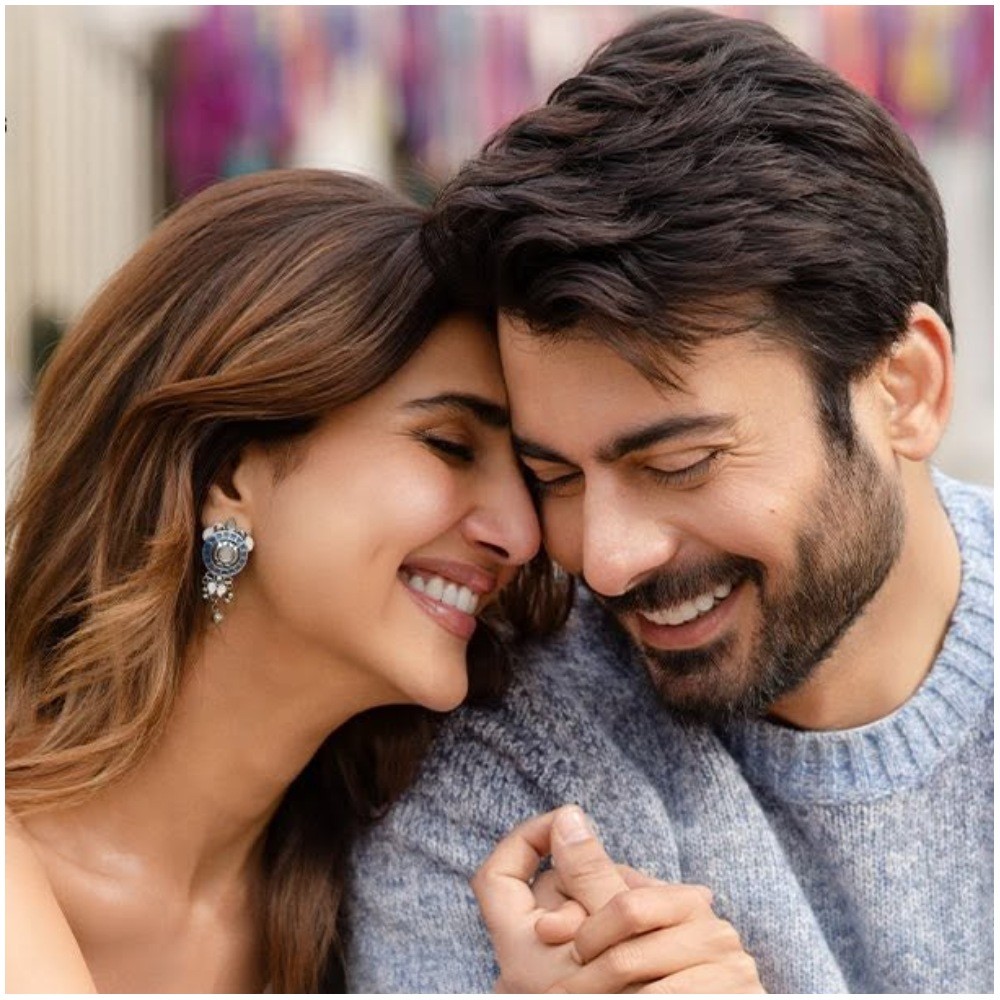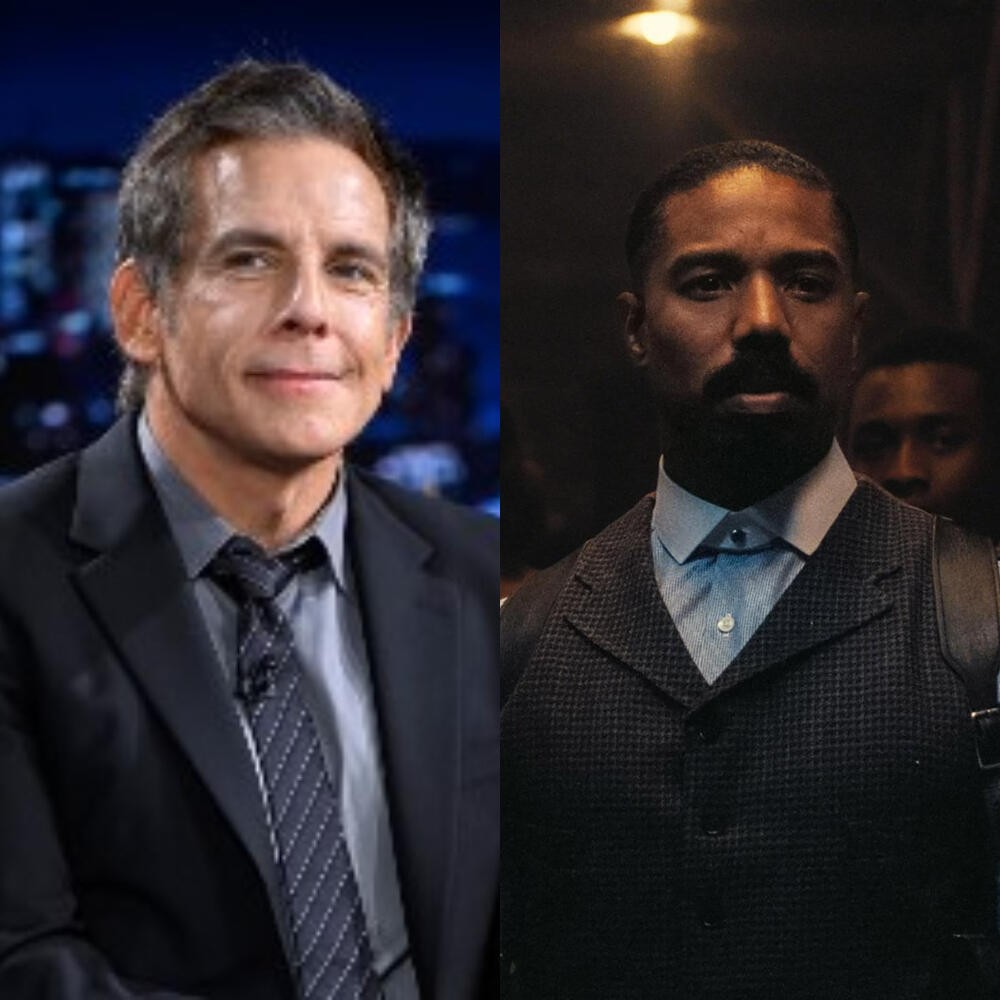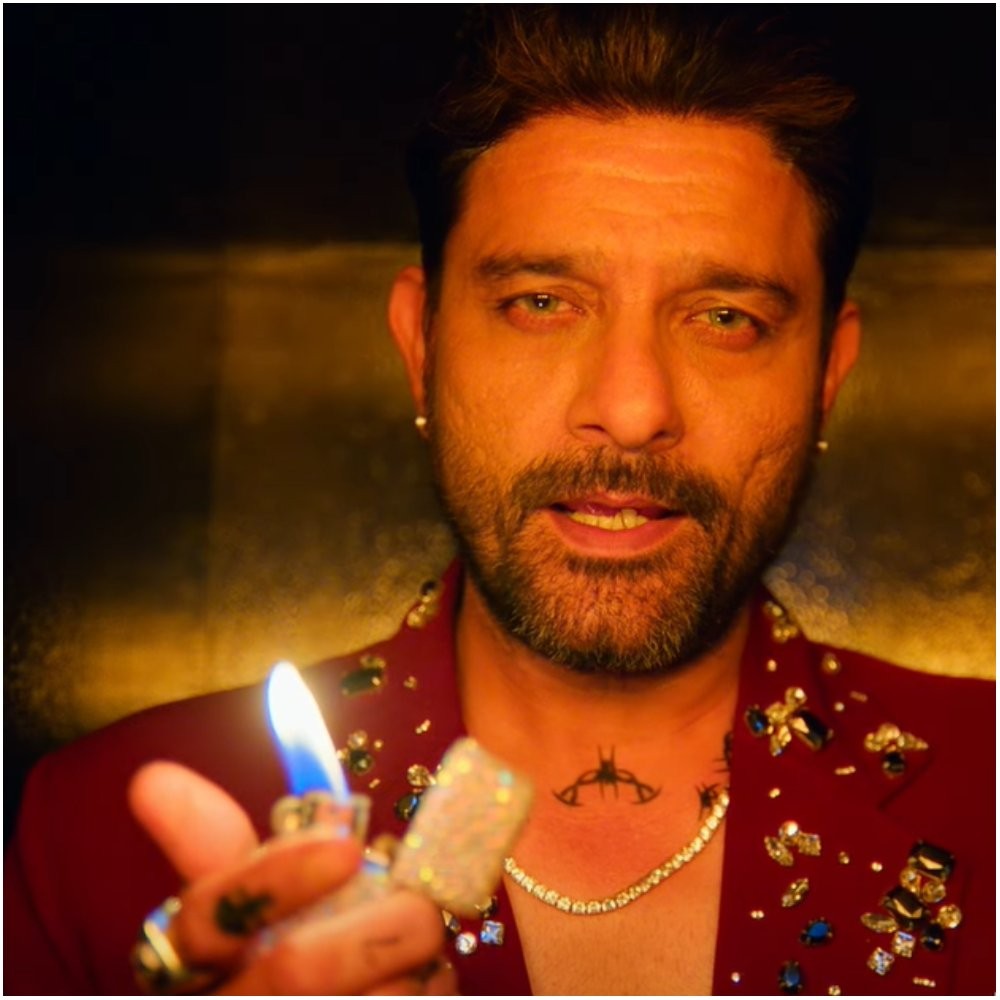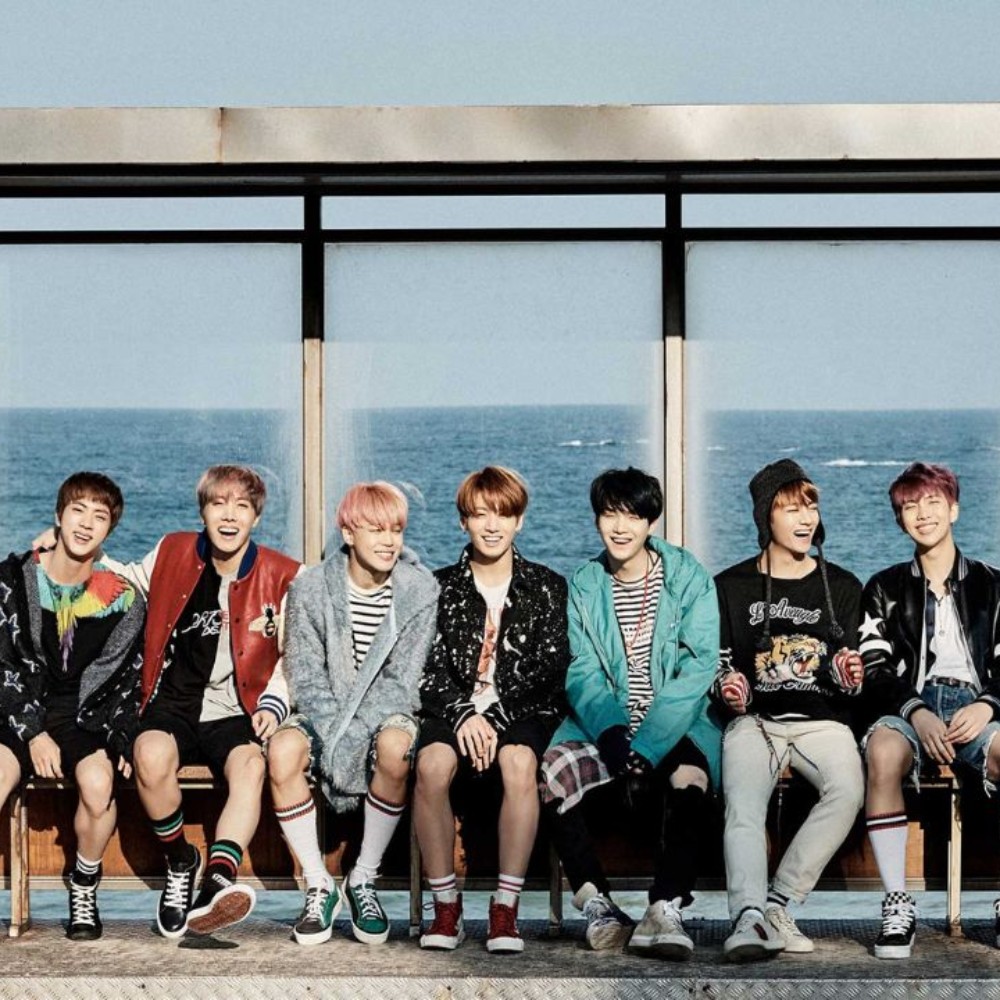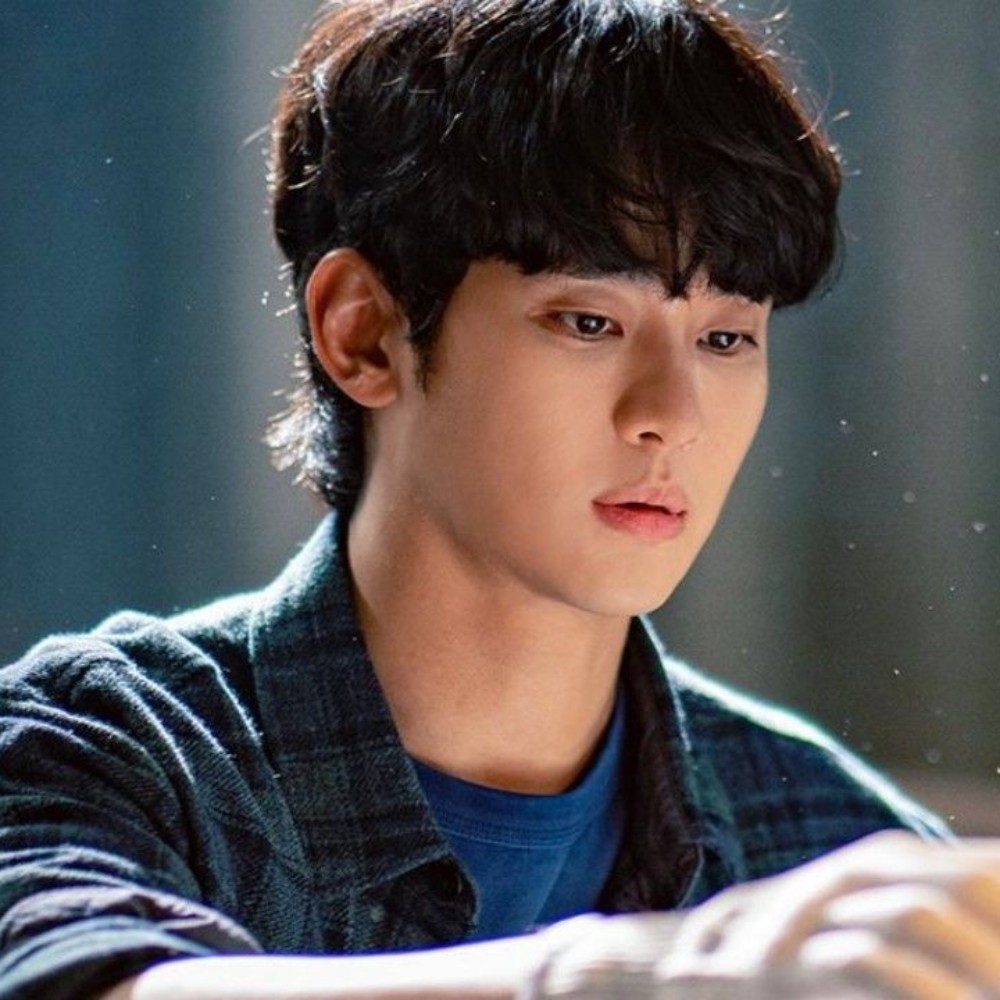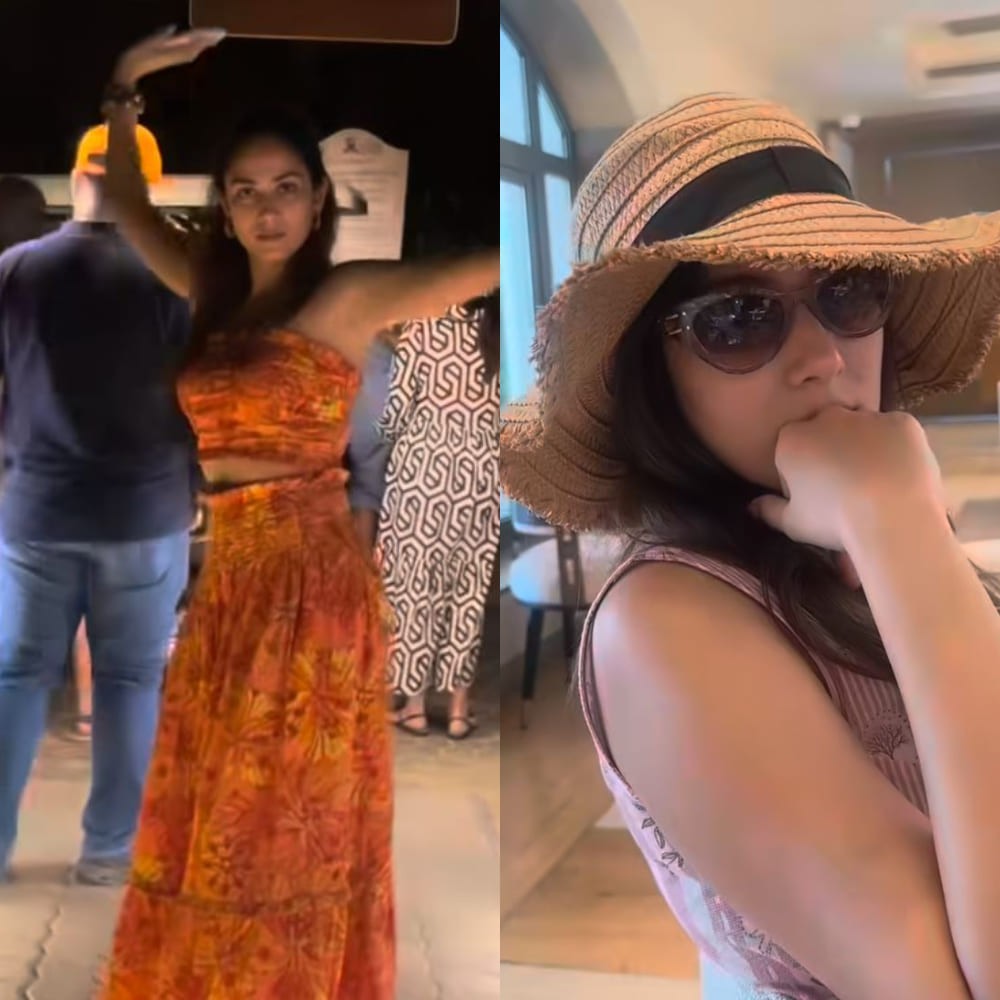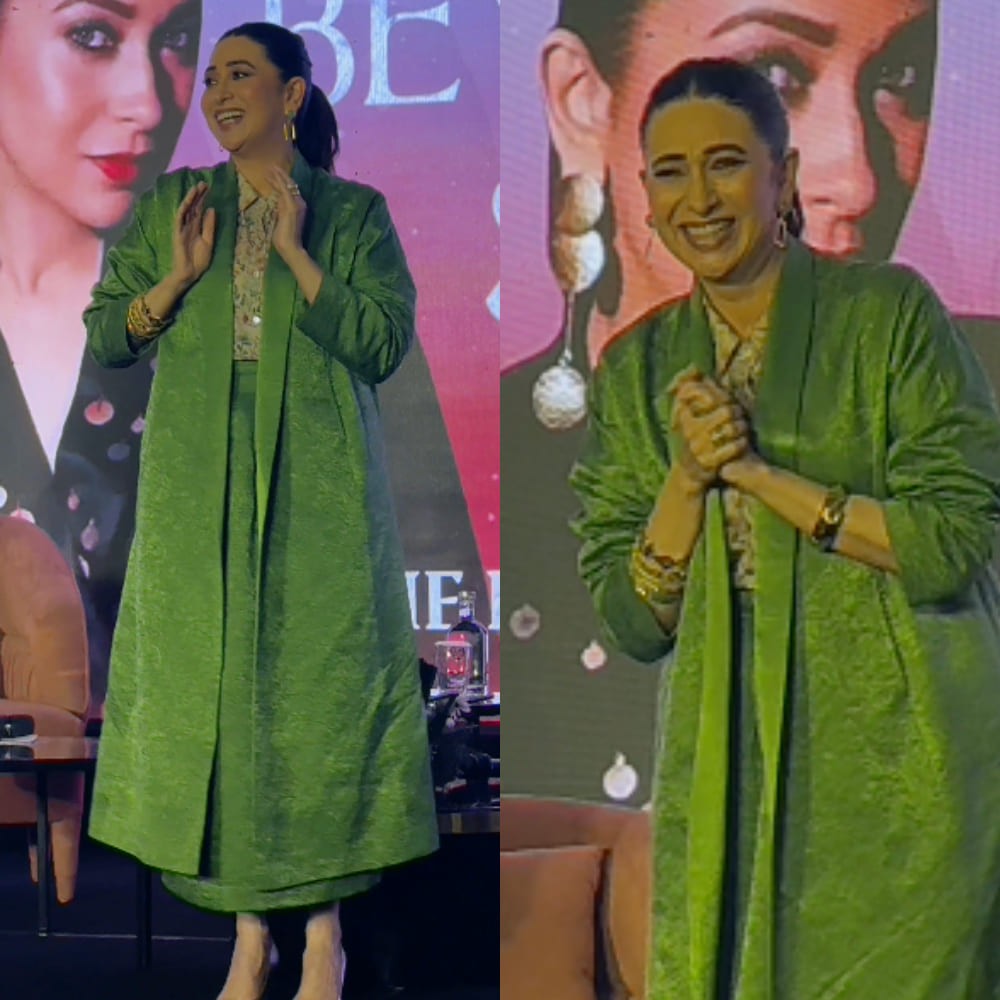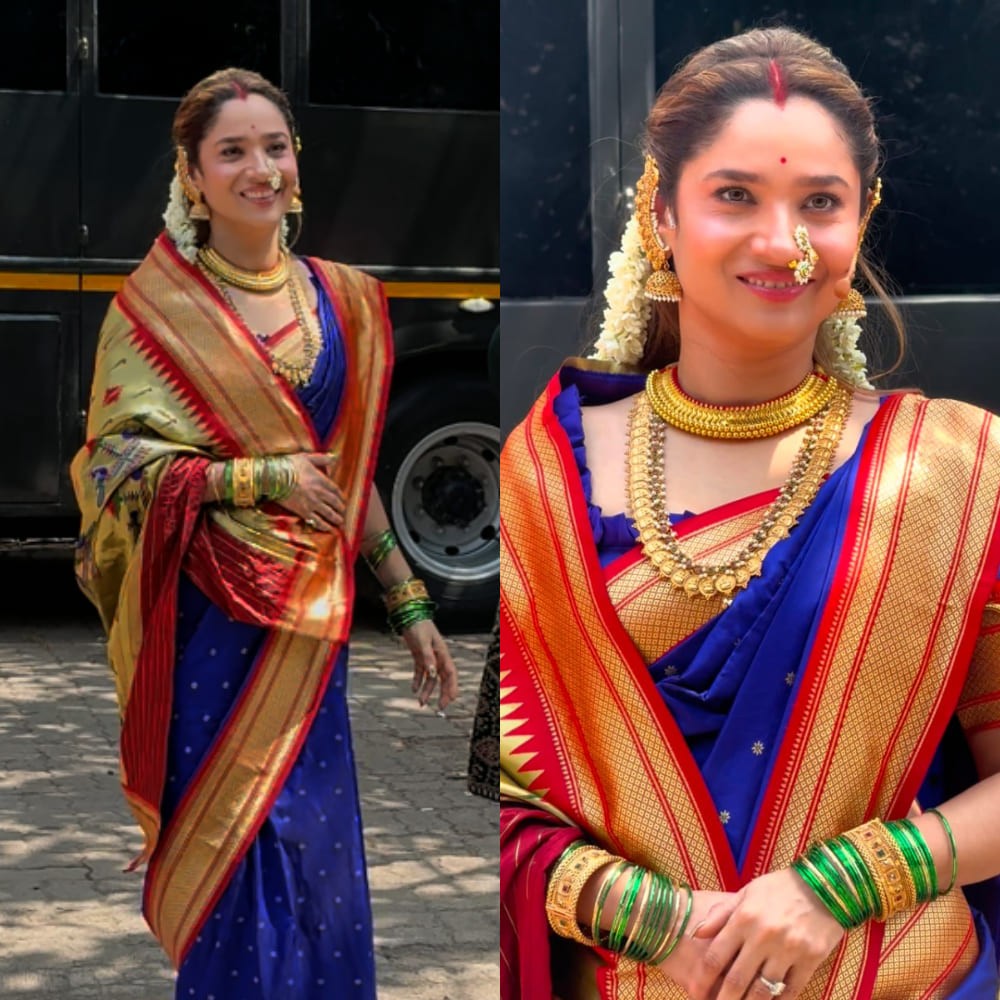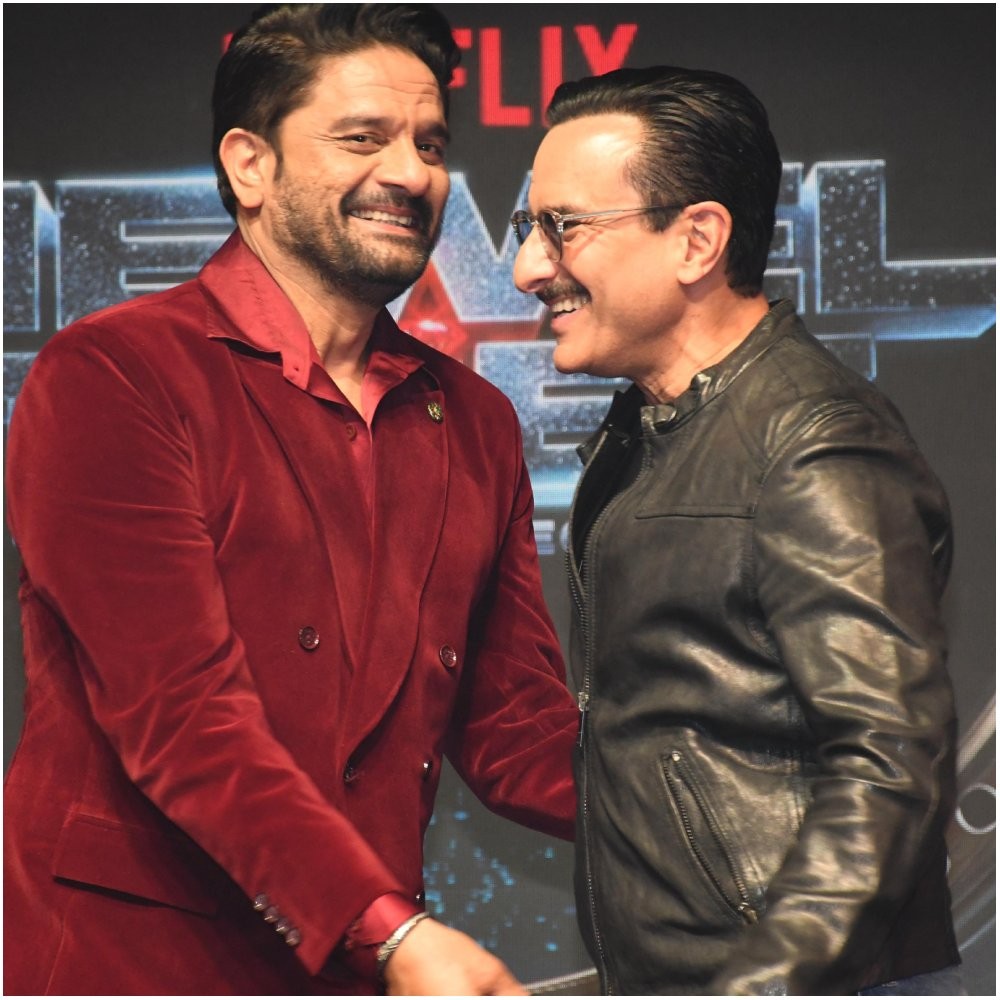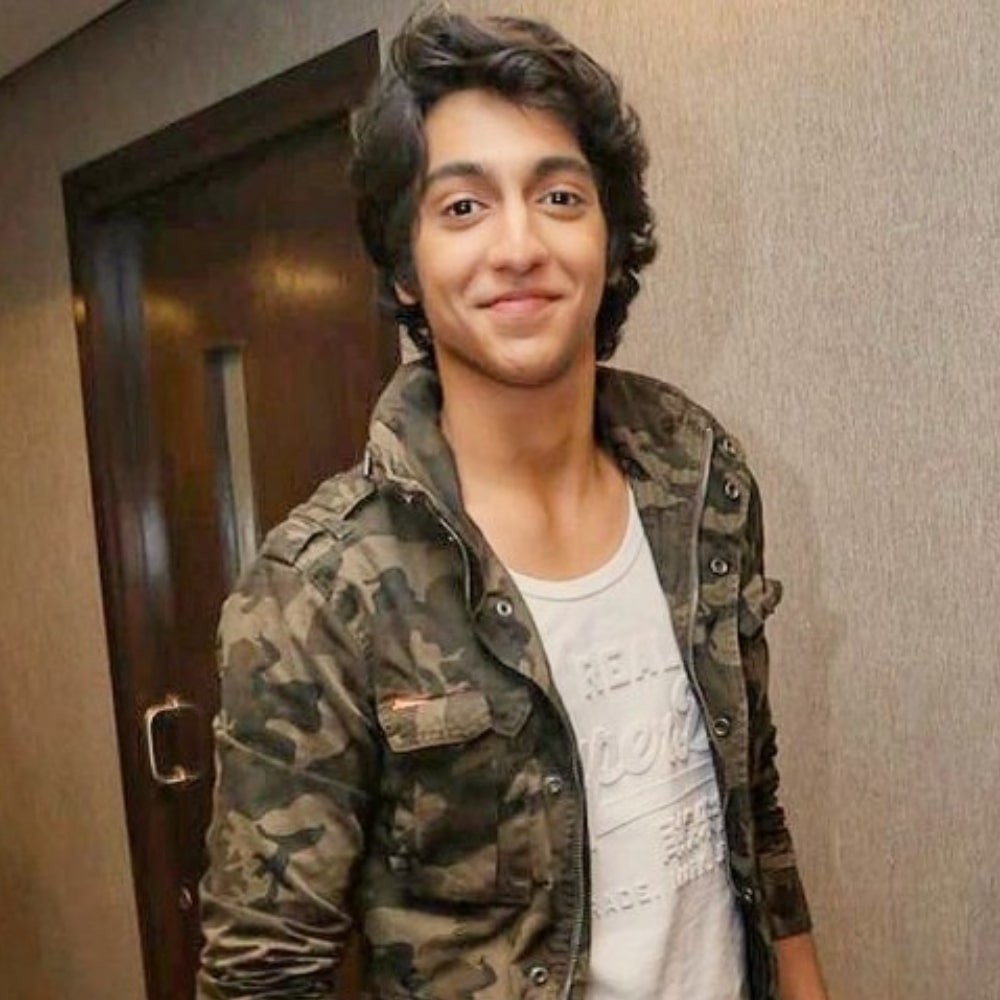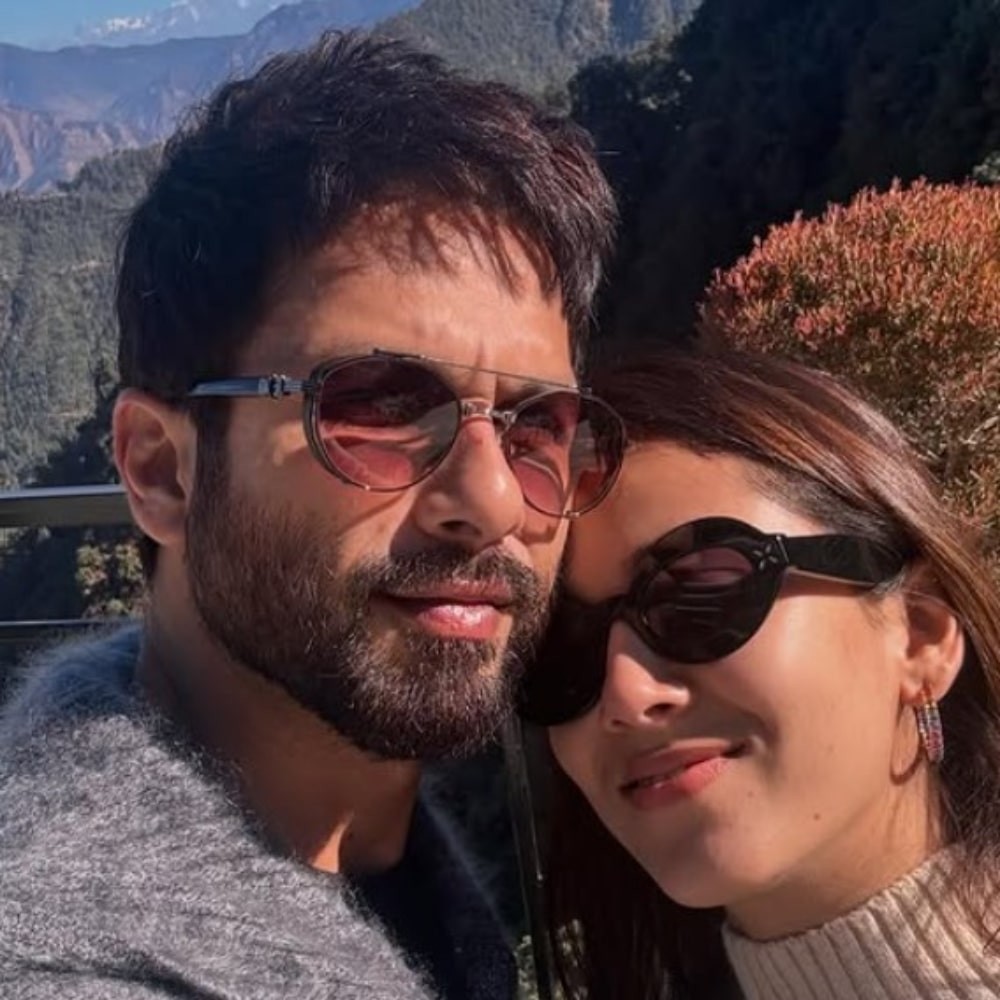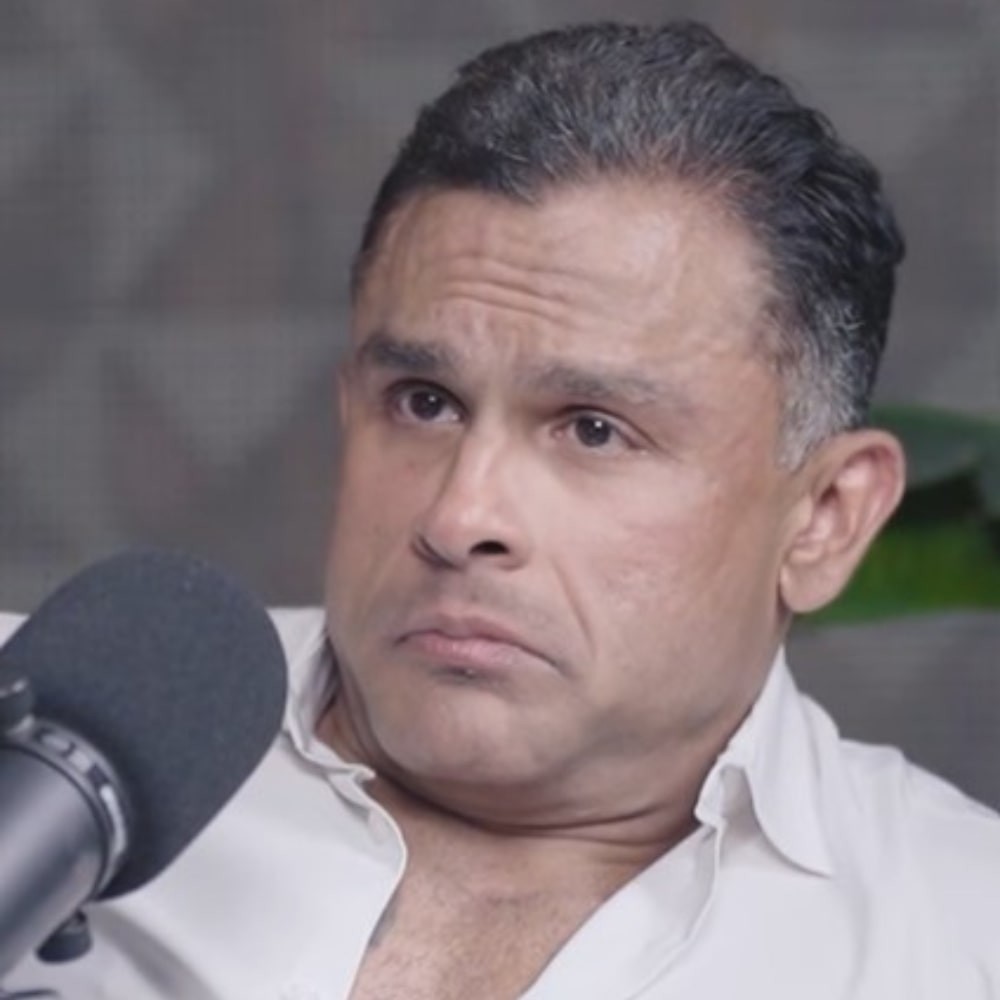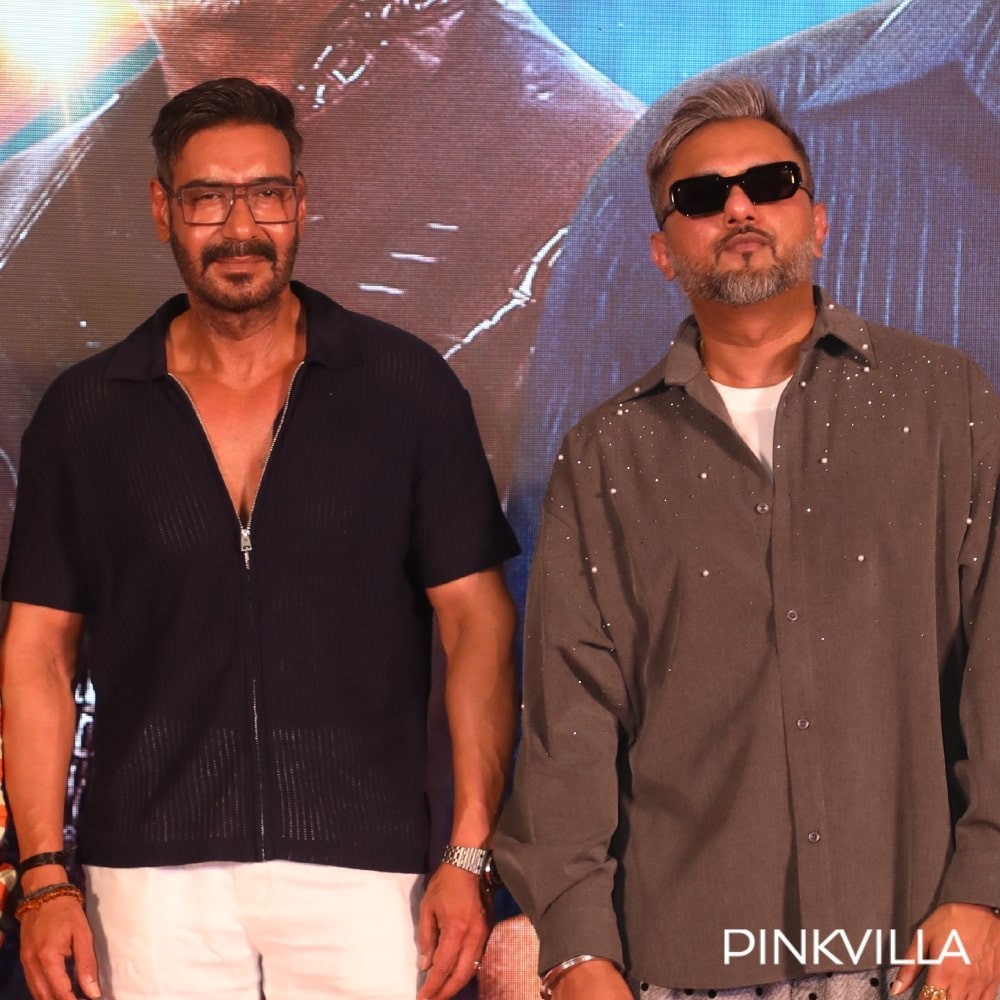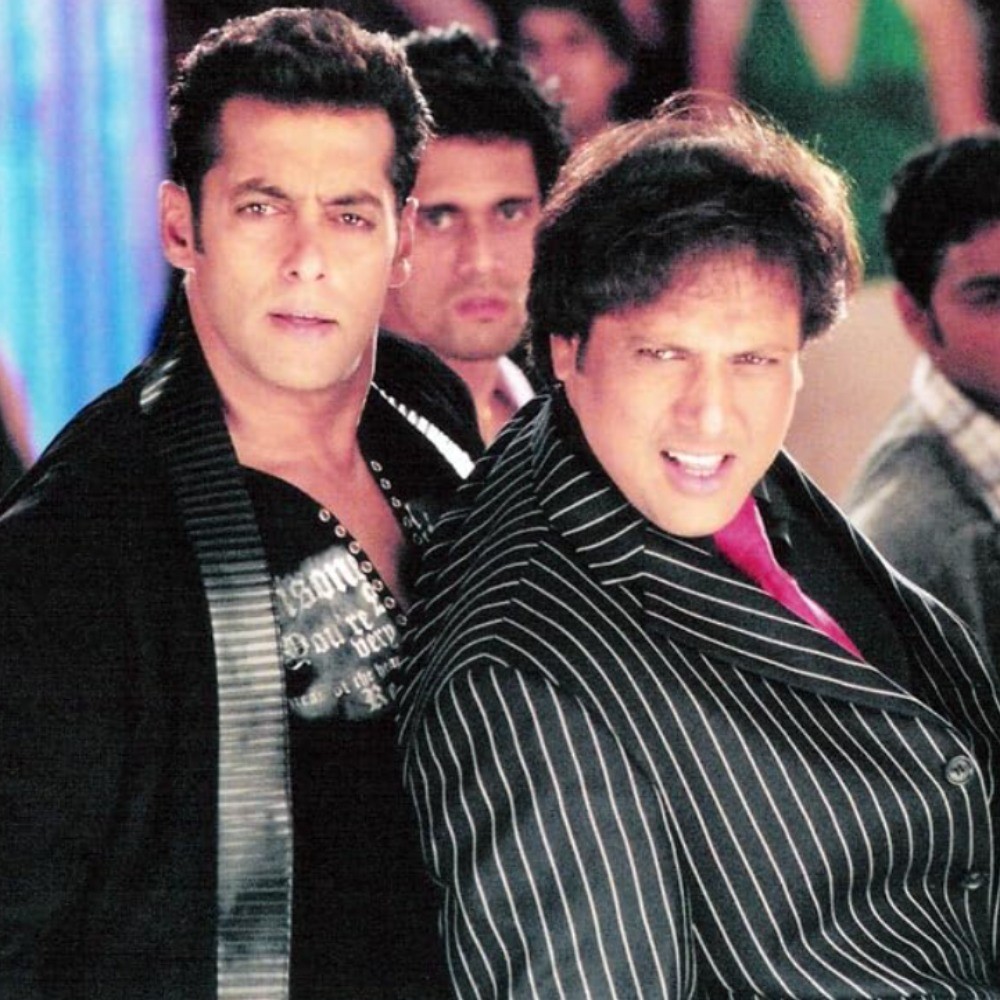Yami Gautam and Emraan Hashmi wrap shooting for courtroom drama inspired by Shah Bano Case: here's what you should know about 1985 verdict
Actors Yami Gautam and Emraan Hashmi will star in a film inspired by the 1985 Shah Bano case. Read on to learn more about the upcoming movie!

Actors Yami Gautam and Emraan Hashmi are gearing up to lead a courtroom drama based on the significant 1985 Shah Bano vs. Ahmed Khan case. As reported by Hindustan Times, Yami Gautam, who portrays Shah Bano, and Emraan Hashmi, whose character is inspired by her former husband, Ahmed Khan, have completed filming. Keep reading to learn more about the 1985 Shah Bano case.
All you need to know about Shah Bano Case
The 1985 Shah Bano verdict was a turning point in India's legal history. It raised complex questions about how a secular government should deal with religious matters, the clash between religious beliefs and individual rights in a democratic setup, and the need to rethink Muslim personal laws from a gender equality point of view
In April 1978, Shah Bano approached a court in Indore, seeking financial support from her former husband, Mohammed Ahmad Khan, a prominent lawyer. The couple, married since 1932, had five children: three sons and two daughters.
Shah Bano based her plea on Section 125 of the Code of Criminal Procedure, 1973, which requires a man to provide maintenance to his wife not only during the marriage but also after divorce if she is unable to support herself financially.
However, Khan challenged Shah Bano's claim by arguing that, under Muslim Personal Law, he was only obligated to provide financial support during the iddat period.
Iddat refers to a waiting period, typically lasting about three months, that a woman must observe after a divorce or her husband's death before she is allowed to remarry.
Khan’s stance was backed by the All India Muslim Personal Law Board, which argued that the judiciary should not intervene in matters governed by Muslim Personal Law.
The board claimed that doing so would go against the provisions of the Muslim Personal Law (Shariat) Application Act, 1937. According to this act, issues related to divorce, maintenance, and other family matters must be resolved in accordance with Islamic law (Shariat).
After extensive hearings, the Supreme Court of India delivered its verdict on the case in 1985. One of the main issues was whether the Criminal Procedure Code (CrPC), 1973, which applies to all Indian citizens regardless of their religion, could be enforced in this situation.
Then Chief Justice of India, Y.V. Chandrachud, upheld the earlier High Court ruling that granted maintenance to Shah Bano under the CrPC. In fact, the Supreme Court went a step further and increased the amount of maintenance she was to receive.
This judgment became a landmark moment in Indian legal history. It moved beyond the traditional approach of settling such cases solely based on religious personal laws.
The verdict also brought attention to the need for a Uniform Civil Code and emphasized the importance of gender equality and consistency in matters involving religious practices and personal rights.





 JOIN OUR WHATSAPP CHANNEL
JOIN OUR WHATSAPP CHANNEL
